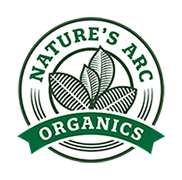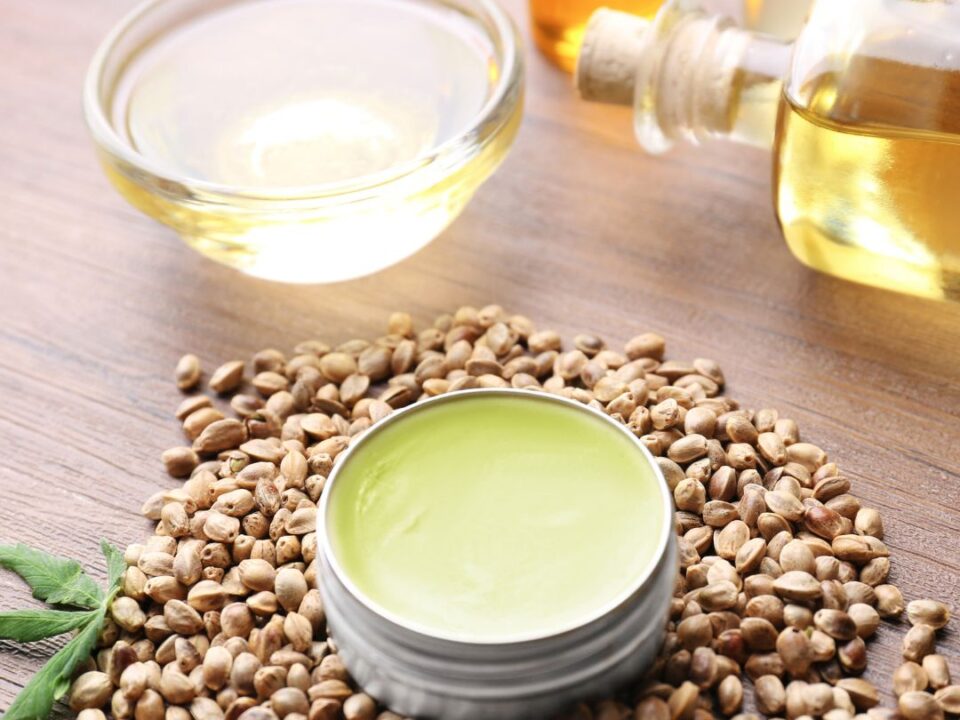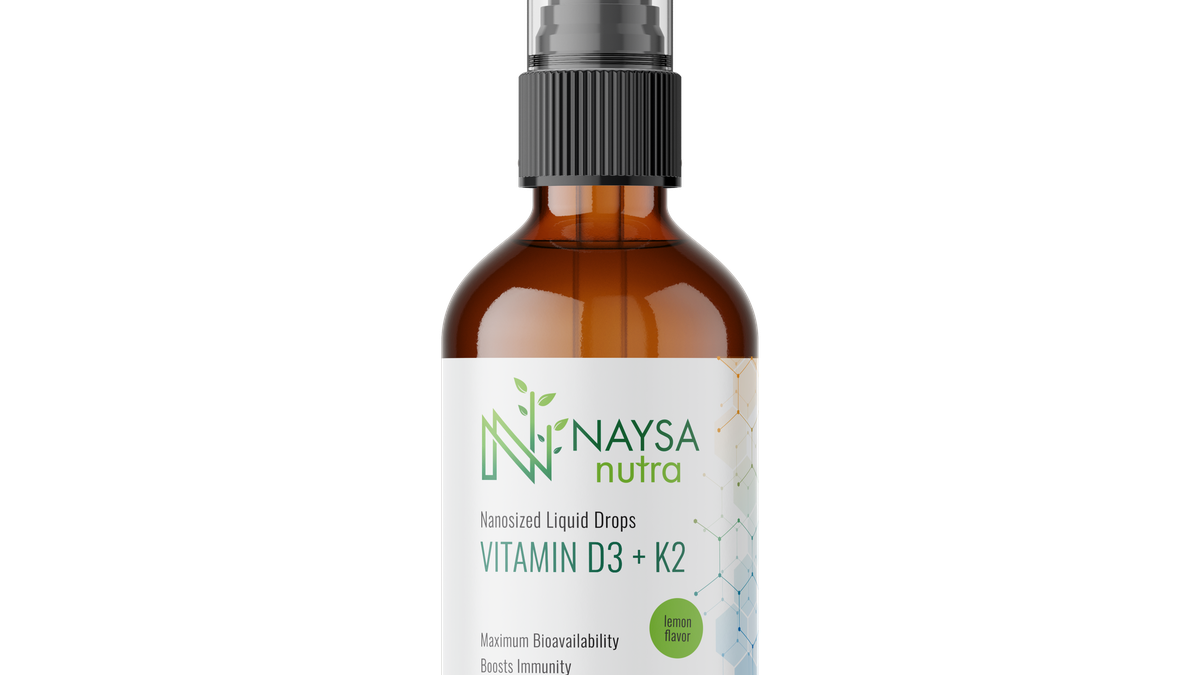
NAYSA Nutro Vitamin D3+K2 is a game-changing, up an coming product. Supplementing Vitamin D3 and K2 comes with all the benefits of vitamin D and vitamin K, but it also contains some unique health benefits that are only unlocked when these two vitamins are used together.
New research is revealing this game-changing pair of vitamins and their effect on our hearts, bones, and immune systems.
In this day and age, it’s important to invest in your health using the most up-to-date science. That is where NAYSA Nutro Vitamin D3+K2 enters the scene.
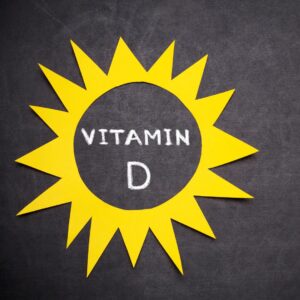 Vitamin D3 Benefits
Vitamin D3 Benefits
Vitamin D3 is sometimes called the “sunshine vitamin”. This is because most people naturally obtain D3 from sunlight or UVB rays. Though vitamin D2 is the vitamin you get from sunshine, most scientific studies are conducted using vitamin D3, as this vitamin is what you can absorb in your body the best from supplements.
Vitamin D3 is actually a more effective compound than other D vitamins. This is why most vitamin D supplements are specifically D3 supplements.
Also known as cholecalciferol, vitamin D3 is a fat-soluble vitamin naturally produced in your body. This fact is perhaps why supplemental vitamin D3 is much better at raising your vitamin D status. Vitamin D3 is essential for your body to absorb calcium.
Found in animal products, vitamin D3 is known to have these benefits:
- Supports strong bones
- Promotes a healthy immune system
- Prevents gastrointestinal disease
- Improves cardiovascular health
- Boosts brain health
- Improves mood
How much vitamin D3 do you need? The Vitamin D Council recommends 5000 IU of vitamin D3 daily, which comes to about 120 micrograms (mcg).
Vitamin K2 Benefits
Vitamin K2 (specifically menaquinone-7, a form of K2) is actually produced in small amounts by bacteria in your gut. You can also find K2 in animal products such as fatty fish and grass-fed beef, and green veggies.
Vitamin K2 is an important nutrient, as it helps your body use calcium more efficiently, which impacts the health of bones and teeth.
Vitamin K2 can also lower calcium levels in your soft tissues, making for healthy blood vessels and kidneys.
Vitamin K2 is a fat-soluble vitamin that comes with its own health benefits:
- Heart health
- Healthy bones
- Strong teeth
- Cognitive function
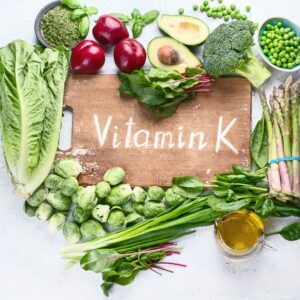 The Food and Drug Administration recommends between 75 and 120 micrograms (mcg) of vitamin K intake per day. This number is for healthy adults. Here is a list of good vitamin K2 foods.
The Food and Drug Administration recommends between 75 and 120 micrograms (mcg) of vitamin K intake per day. This number is for healthy adults. Here is a list of good vitamin K2 foods.
- Kale
- Spinach
- Lettuce
- Squash
- Green beans
- Asparagus
How Do Vitamin D3 And K2 Work Together
Separately, Vitamin D3 and K2 both promote health. Together, they could be an even stronger health defense.
New research into vitamin D3 and K2 has given way to new multivitamin supplements that could unlock unique health benefits to aid in the fight against aging from the inside out.
Bone Health
Half of the adults over the age of 50 have low bone mass. Bone health is a real concern as we get older. Fortunately, the pairing of vitamin D3 and K2 seems to help improve bone health.
This is likely because vitamin D gets the calcium into the blood, then vitamin K tells the calcium where it is needed the most. Taking vitamin D3 and K2 together can actually help promote new bone growth.
 Cardiovascular Health
Cardiovascular Health
Heart disease is a major health problem in the U.S. Lucky for us, it seems vitamin D3 and K2 can work together to help improve our cardiovascular health.
Vitamin D makes sure you have the right amount of calcium in your blood vessels. Too much vitamin D means your blood calcium levels will rise.
Elevated blood calcium levels can cause havoc with your heart:
- Fainting or fatigue
- Heart palpitations
- Irregular heartbeat
- High blood pressure
- Heart attack or stroke
However, proper blood levels of vitamin K balance out the high vitamin D levels. Vitamin K2 tells all that calcium intake where it needs to go, and your blood calcium levels are normalized.
NAYSA Nutro Vitamin D3+K2 also works in unison to reduce inflammation within the body. Inflammation can lead to not only bone and joint disorders but also cardiovascular diseases. Reducing inflammation in the body is very beneficial to immune function and heart health.
Interestingly enough, it seems that a vitamin K2 deficiency is incredibly common but doesn’t cause short-term effects. Instead, this deficiency can cause chronic diseases and symptoms.
Some studies confirm that the majority of people are deficient in vitamin K2. There are many reasons for this, but one obvious one might be the way grass-fed animals produce this vitamin.
All mammals, except for humans, have an enzyme for efficiently converting K1 to K2 in the gut. K1 is found in greens or anything that uses chlorophyll for energy.
Since the human body does not contain this enzyme and our gut only converts a little bit of vitamin K1, we have to get the majority of K2 through our diet. To get enough vitamin K2 intake from food alone, you must eat grass-fed proteins or dairy products.
Side Effects Vitamin D3 And K2
High doses of vitamin D, without the proper amount of vitamin K to help distribute it, can cause high calcium levels in your blood. This can lead to blood vessel calcification, which can then lead to possible heart disease or stroke.
These are the most common symptoms of hypercalcemia:
- Poor appetite
- Nausea, abdominal pain
- Constipation, diarrhea
- Vomiting
Vitamin D toxicity can also lead to bone loss since vitamin D takes calcium from your bones and sends it into your bloodstream. Too much vitamin D equals too much calcium taken from your bones.
